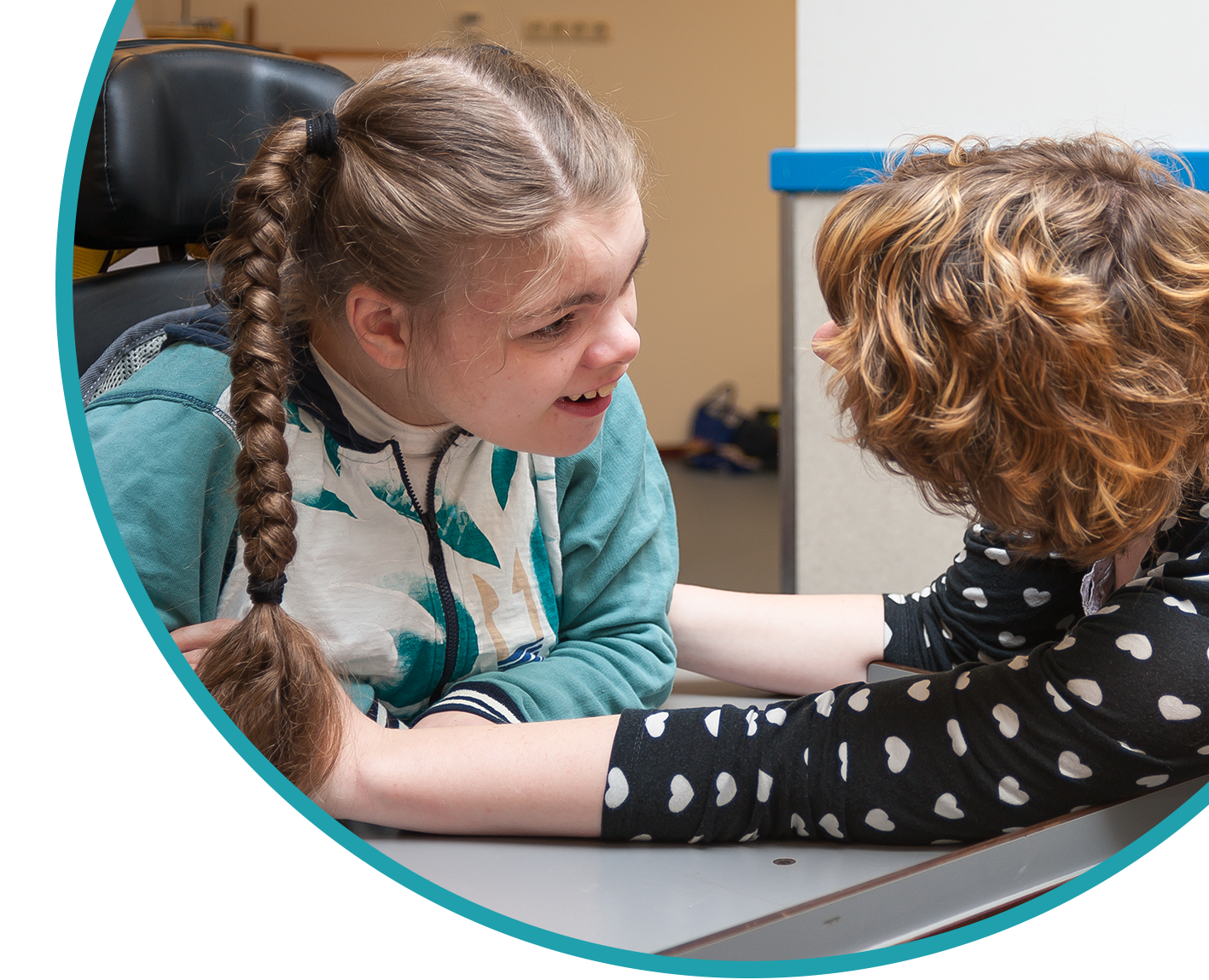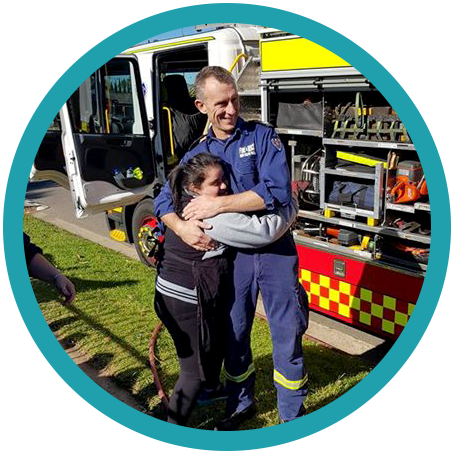Early Childhood Intervention
Early childhood intervention is a support mechanism for children who have developmental delays or disabilities. Early childhood intervention is crucial – it’s based on the notion that the first years of a child’s life can set the foundation for lifelong learning, behaviour and health outcomes.
Early intervention can also be:
- Children with behavioural concerns including but not limited to: attention deficit disorder - ADD , attention deficit hyperactivity disorder - ADHD, Oppositional defiant disorder - ODD, bullying, attention deficits, self-harm, poor diet, etc.
- For children who are victims of or at high risk of child abuse or neglect, families can improve parenting skills. Family counselling can mitigate future costs for a child’s developmental needs (e.g. special education, rehabilitation, health)
- Children at high risk of academic development delays (e.g. consistently poor literacy and numeracy results)
- New migrants who speak little or no English.
- Facilitating access for special equipment
- Access to resources and information libraries
- Professional learning for carers
- Funding or subsidies for support services
- Access to Counselling services
- Access to parenting workshops
- Access to respite care or allied health care services
- Neurodevelopment programs through NACD
- Literacy and numeracy intervention
- Behaviour management programs
- Speech therapy, occupational therapy, exercise physiology, physiotherapy



